1. Resistant to Corrosive Chemicals
Fluorine plastic pumps, such as those made from PTFE (Polytetrafluoroethylene), PFA (Perfluoroalkoxy), and FEP (Fluorinated Ethylene Propylene), offer unmatched resistance to the corrosive effects of chemicals that are often handled in industrial environments. These materials do not react with most aggressive chemicals, including strong acids, bases, solvents, and other hazardous substances, which makes them ideal for applications in industries like chemical processing, petrochemicals, pharmaceuticals, and food production. Since fluorine plastics have high chemical inertness, they prevent the material from degrading, which is a frequent risk when using metal pumps or pumps made from other common materials. Over time, exposure to aggressive chemicals can corrode less resistant materials, causing leaks, which can lead to hazardous spills or even catastrophic events. In contrast, fluorine plastic pumps maintain their integrity under prolonged chemical exposure, which significantly reduces the risk of leakage, corrosion, and damage to the pump, thereby preventing accidents and ensuring the safety of workers.
Fluorine plastic pumps are ideal for environments where pumps are used to move highly corrosive liquids or gasses under extreme conditions. The prevention of any interaction between the pump material and the fluid ensures that the integrity of the process remains intact. With fluorine plastic pumps, operators can be confident that the fluid transfer process is safe and efficient without fear of the materials compromising the process or creating any unsafe conditions.
2. Prevention of Contamination
In chemical and pharmaceutical processing, contamination is a significant concern, as even minute traces of unwanted substances can spoil batches or introduce impurities that could render a product unsafe. Industrial Corrosion Resistant Fluorine Plastic Pump are non-reactive, chemically inert, and have smooth, non-porous surfaces that make them an excellent choice for minimizing contamination. Their ability to resist corrosion and build-up means there are no risks of particulate matter from pump surfaces being released into the fluid, unlike metal pumps, which can corrode over time and introduce harmful particles into the flow.
Fluorine plastic materials have extremely low friction coefficients, meaning there is minimal risk of material degradation through friction, which is a common source of contamination in traditional pumps. Fluorine plastics also don’t leach chemicals into the pumped fluids, maintaining the purity and chemical integrity of the materials. This level of contamination control is crucial in applications such as the production of high-purity chemicals, drugs, or food products, where any contamination can lead to production delays, contamination recalls, or health hazards. The long-term resistance to chemical build-up and the inherent non-porosity of fluorine plastic pumps make them indispensable for industries that demand high standards of cleanliness and purity.
3. Leak Prevention and Leak Detection
Leak prevention is a critical aspect of safety when handling hazardous chemicals. Fluorine plastic pumps are equipped with superior sealing systems and are made of materials that exhibit low permeability, ensuring that they are well-sealed and can withstand high-pressure conditions without leaks. Over time, repeated use or exposure to harsh chemicals can cause metal pumps to develop cracks or deteriorate, leading to dangerous leaks. Fluorine plastic pumps, however, maintain their structural integrity and seal tightness, making them less likely to develop leaks.
Many fluorine plastic pumps incorporate built-in leak detection features that alert operators to the presence of any leaks before they become a serious issue. These leak detection systems can identify even minute changes in pressure or detect small leaks that might otherwise go unnoticed until they lead to significant safety concerns. Early leak detection allows for immediate corrective action, preventing hazardous chemicals from escaping and potentially harming the environment or employees. This is especially important in chemical processing facilities, where even small leaks can result in large-scale accidents. The leak-prevention features of fluorine plastic pumps are essential in maintaining a safe working environment and preventing catastrophic failures.
4. Temperature and Pressure Tolerance
Chemical handling often requires managing processes at high temperatures or high pressures, which can strain pump materials. Fluorine plastic pumps excel in this area due to their high tolerance to both temperature and pressure extremes. Materials like PTFE and PFA can operate effectively in a wide range of temperatures, typically from -200°C to +260°C, while also maintaining performance under high pressure. This makes them ideal for applications involving extreme heat, such as in heat exchangers or reactors, where metal pumps might fail due to thermal expansion or pressure build-up.
The ability to withstand such temperatures without cracking, warping, or becoming brittle ensures that fluorine plastic pumps continue to perform reliably, preventing breakdowns and the potential risks associated with pump failures. For example, in industries like petrochemical processing or industrial waste treatment, pumps often operate under extreme conditions. Using a fluorine plastic pump in these conditions helps ensure that the system remains safe, as it prevents pump failure due to the breakdown of materials under stress, which could lead to leaks or hazardous exposure to chemicals. Fluorine plastic pumps offer the peace of mind that comes with knowing the pump can perform safely, even in demanding environments.
5. Reduction of Maintenance Risks
Maintenance of industrial pumps often involves working with hazardous materials, and repair processes can expose workers to dangerous chemicals, vapors, and spills. Fluorine plastic pumps are designed for long-lasting durability and require far less maintenance than their metal counterparts. Because they resist chemical corrosion and build-up, they do not require frequent cleaning or part replacements, which can be time-consuming and risky. By eliminating the need for frequent repairs, fluorine plastic pumps reduce the likelihood of accidental exposure to harmful substances during maintenance activities.
The reduced frequency of maintenance also means that downtime in production processes is minimized, leading to improved operational efficiency and safety. In industries where pumps are required to operate continuously, any downtime due to maintenance can pose a significant safety risk, especially when workers are required to interact with hazardous substances during the repair process. Fluorine plastic pumps not only extend the intervals between required maintenance but also ensure that the maintenance process itself is safer, reducing the potential for human error and contamination during repairs.
6. Enhanced Worker Safety through Reduced Exposure
Fluorine plastic pumps are essential for enhancing worker safety by reducing exposure to toxic or hazardous chemicals. Because these pumps are chemically inert and provide secure containment of dangerous fluids, they protect workers from the direct risks associated with handling harmful chemicals, including burns, inhalation of toxic fumes, or skin exposure to corrosive substances. In many industries, workers must handle highly toxic chemicals that can cause serious injuries or even fatalities if there is any spill or leak. By using fluorine plastic pumps, companies can significantly lower the risk of such accidents occurring.
The sealed, robust design of fluorine plastic pumps ensures that hazardous substances remain contained, reducing the potential for leaks or accidental releases that could lead to exposure. Furthermore, because fluorine plastics are non-reactive, they do not emit harmful vapors or gases that could contaminate the surrounding air, further protecting workers from inhalation risks. In industries like pharmaceuticals, food processing, and petrochemicals, where chemicals can be hazardous in many forms, these pumps are crucial for creating a safer working environment.


 English
English русский
русский عربى
عربى

.jpg)
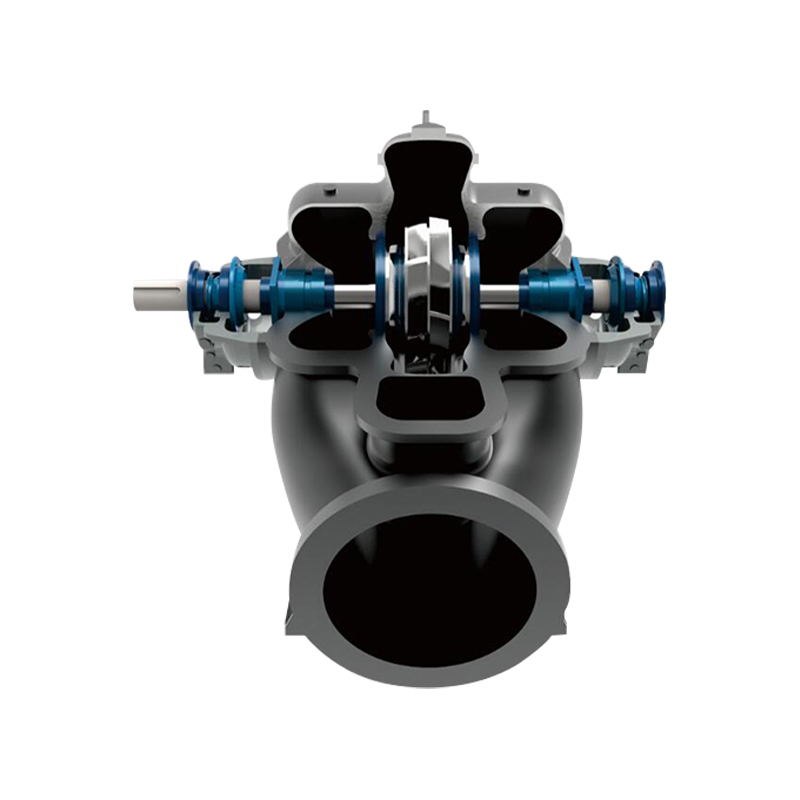
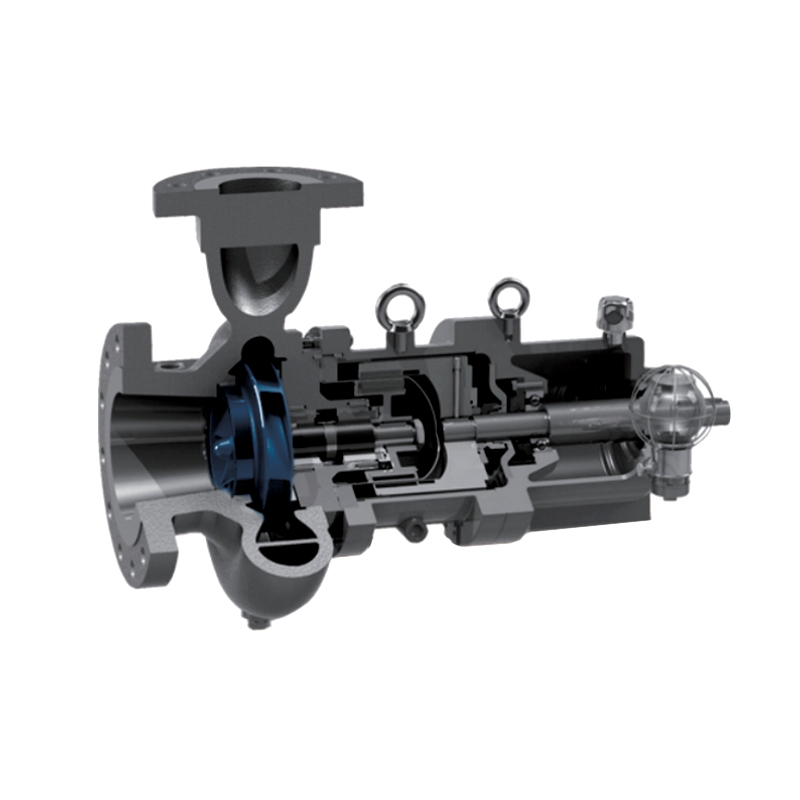
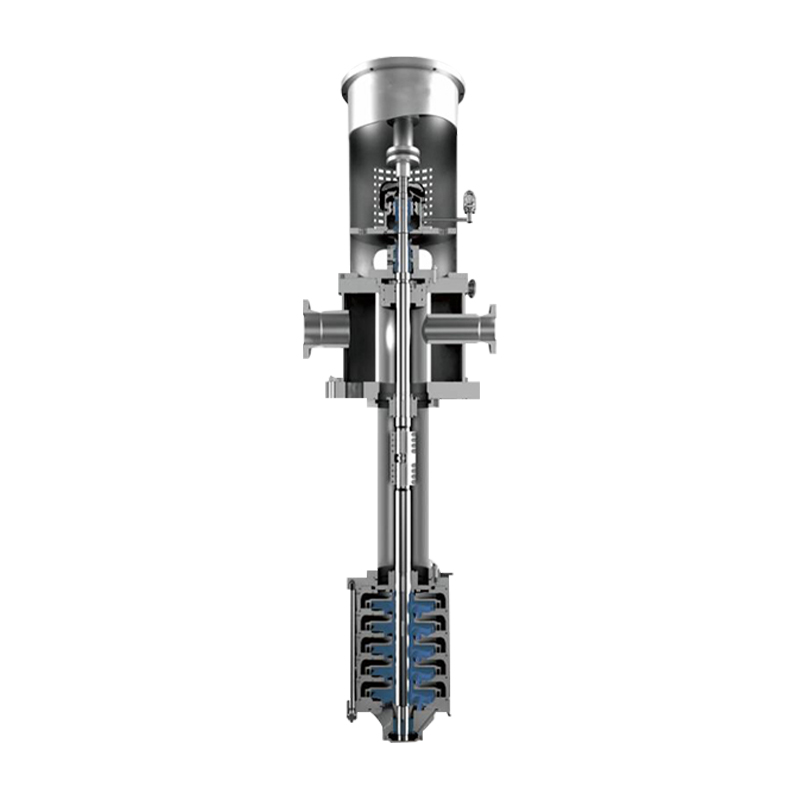
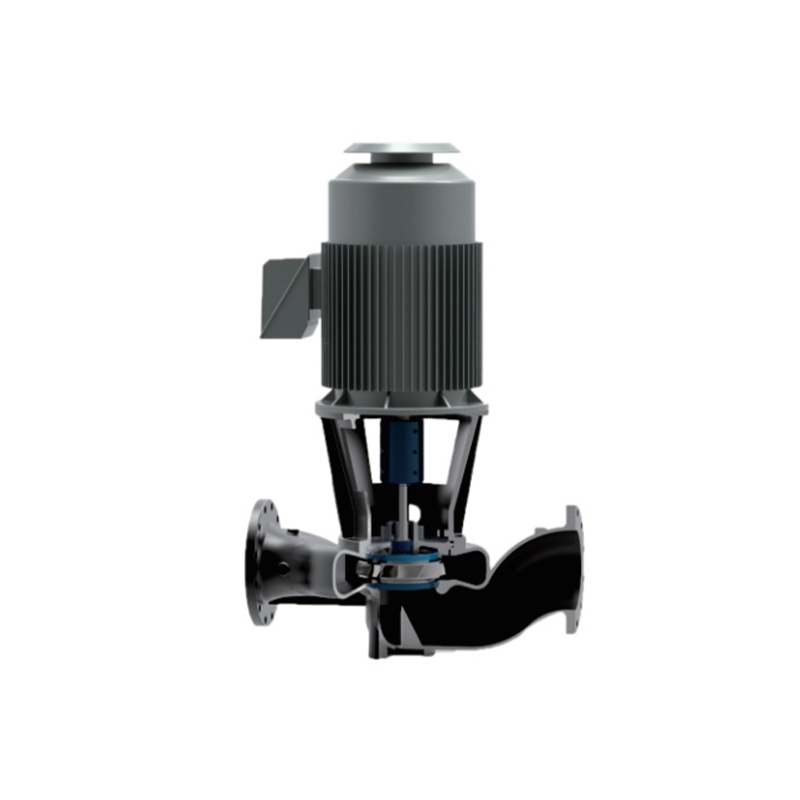

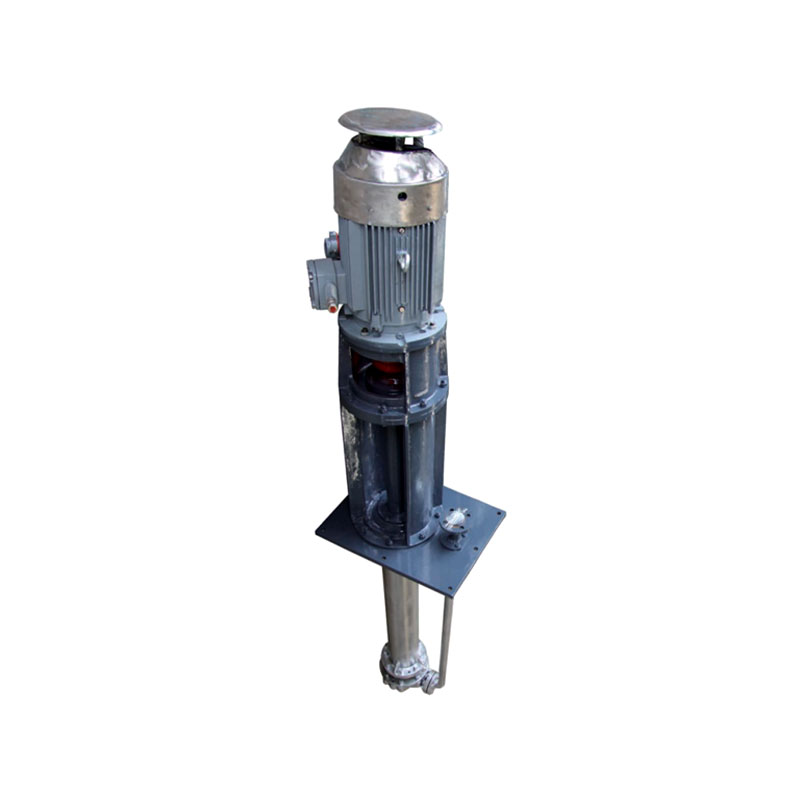
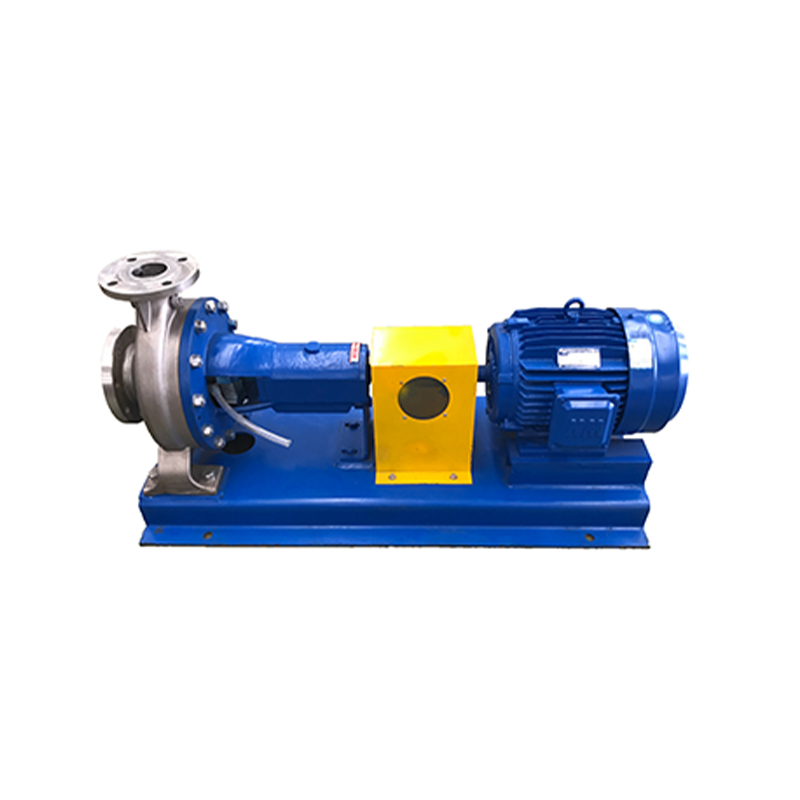

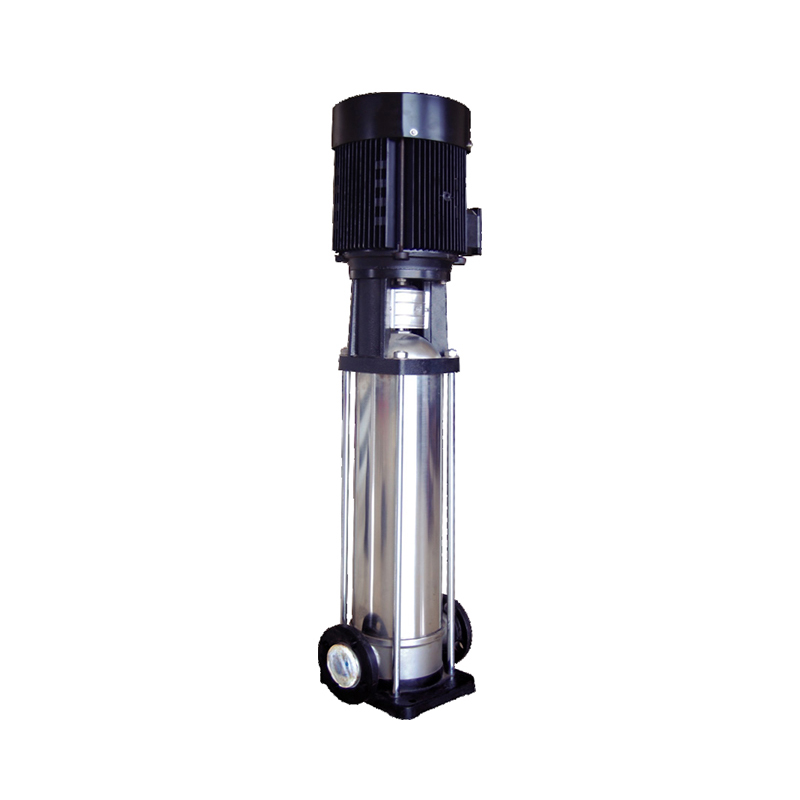






 ENG
ENG

 TOP
TOP